A healthy pregnancy diet is key for both mother and baby, as what the mother consumes is the main source of nourishment for the growing foetus. 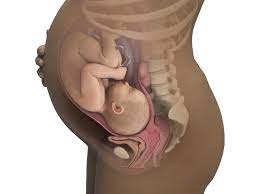
Experts recommend a fresh and varied diet during pregnancy but there are key nutrients that must be incorporated into diet or supplement regimes to ensure health of a newborn baby and mother.
KEY NUTRIENTS
Calcium
Calcium is key for the development and health of your baby’s bones, as well as your own and these requirements are particularly high during the latter stages of pregnancy and throughout breastfeeding. 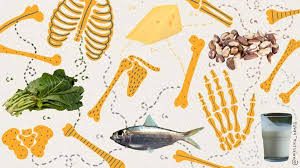 The body is highly intelligent and adapts to this increased need by improving the absorption rate of calcium from the food you eat. Dietary sources of calcium are high-quality, full fat dairy products, small oily fish with soft bones (e.g. sardines) and dark green leafy vegetables (e.g. kale, rocket). However, depending on the diet, supplementation may be beneficial.
The body is highly intelligent and adapts to this increased need by improving the absorption rate of calcium from the food you eat. Dietary sources of calcium are high-quality, full fat dairy products, small oily fish with soft bones (e.g. sardines) and dark green leafy vegetables (e.g. kale, rocket). However, depending on the diet, supplementation may be beneficial.
Folic acid/folate/vitamin B9
You may have heard of it using various names and it’s probably the most commonly known vitamin that is needed during pregnancy. Food sources of folic acid include leafy green vegetables, fortified or enriched cereals, breads and pastas, as well as beans and citrus fruits. 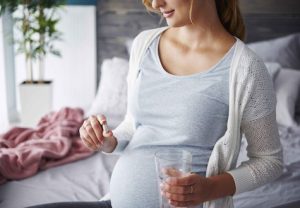
However it can be very difficult to consume adequate folic acid through diet alone, therefore supplementation is almost always recommended. Folic acid supplementation (400 micrograms) is recommended before conception and up to the first 12 weeks of pregnancy to reduce the risk of neural tube defects.
Iron
Iron requirements increase during pregnancy as your body drives sufficient blood supply, oxygen and nutrients towards the baby. However, as with calcium, the body adapts, paused menstruation means less blood loss and the body increases its capacity to absorb and retain iron from food sources. Food sources include red meat, beans, nuts and leafy green vegetables.
Food sources include red meat, beans, nuts and leafy green vegetables.
While vegetarian sources of iron are available, absorption is not as easy therefore it’s beneficial to consume plant-based iron sources alongside a vitamin C containing food such as orange juice, lemon and bell peppers.
Protein
Protein needs are greatly increased during pregnancy as they are the building blocks for the baby’s organs, including the heart and kidneys. Personal protein requirements are best calculated using body weight: bodyweight (kg)*0.75 = protein requirement (g), during pregnancy a further 6g should be added to ensure optimal intake. Excellent dietary sources of protein are meat, fish, dairy, beans, legumes, tofu and eggs.
Vitamin D
Vitamin D goes hand-in-hand with calcium in its importance for the growth and development of your baby’s bones, while helping to maintain the health of your bones also. 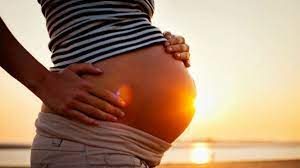
We make vitamin D in the body when our skin is exposed to sunlight, however in the UK the sun exposure is not strong enough during September-March for us to make sufficient vitamin D. Our ability to make vitamin D is also reliant on skin tone and overall health, therefore supplementation during the darker months is vital to maintain optimal levels.
Omega-3 Fatty Acids
Omega-3 fatty acids, in particular DHA, are important for your baby’s brain and eye development. This type of omega-3 fatty acid is primarily found in oily fish, however due to their higher levels of heavy metals it’s recommended you 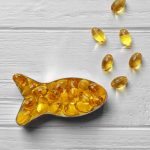 consume no more than two portions of oily fish (trout, salmon, sardines, etc.) per week or supplement with a pregnancy-suitable omega-3 supplement.
consume no more than two portions of oily fish (trout, salmon, sardines, etc.) per week or supplement with a pregnancy-suitable omega-3 supplement.
Pregnancy-specific supplements are safe to take during pregnancy however it’s advisable to check with your doctor before taking any new supplements, to ensure they are suitable for you.
Sources
